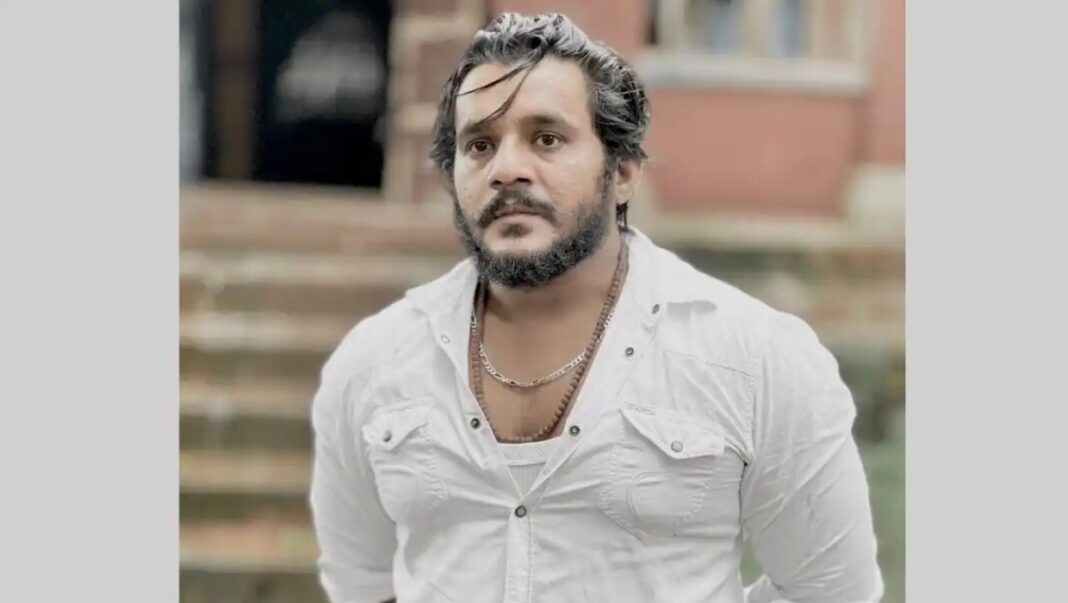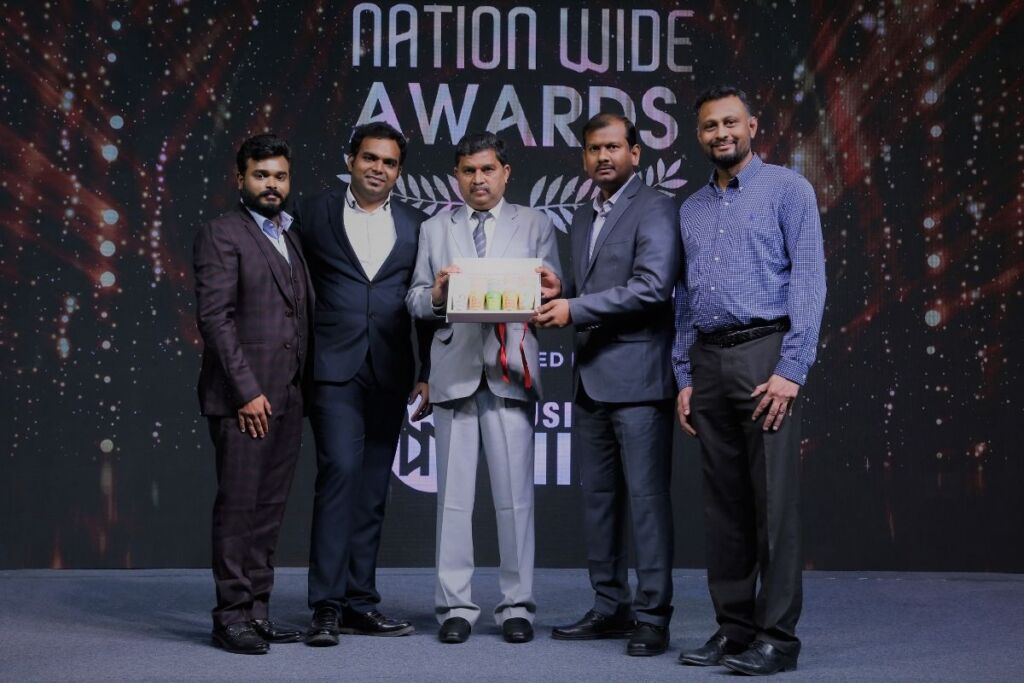New Delhi (India), December 13: Bone Marrow Transplantation (BMT) from a donor (Allogeneic BMT) is possibly the most challenging procedure in modern medicine, which has evolved over the last 50 years, curing millions of patients suffering from blood diseases. Both malignant (leukemia/lymphoma/myeloma) and non-malignant (thalassemia/sickle cell anemia/aplastic anemia/ primary immunodeficiencies) however, the success of BMT is incumbent upon finding successful immunological compatibility between the patient and the donor- called matching of HLA or immunological signature, which is inherited from the parents and varies from person to person. There is a 25% chance of two siblings being completely HLA-matched with each other, which basically means that 3 out of 4 patients requiring a BMT would not find a compatible donor.
The question often asked is why an unrelated third person cannot be the donor! The answer lies in the fact that the immunological signature or HLA is extremely variable, and the chance of 2 random persons to match with each other is less than one in a million. While this problem has been largely addressed in Europe and America, for the Caucasian people, with the creation of large unrelated donor registries, where 3 out of 4 Caucasians can find a completely HLA-Matched Unrelated Donor (MUD). This is large because of the very conserved genetic pool of the population, which is not true for a country like India, where thousands of different ethnic races inhabit. The solution for such patients lies in using HLA half-matched or Haploidentical family donors (not unrelated). Haploidentical BMT is one of the most difficult forms of BMT, and no Indian centre performed such transplants in 2010, when Dr Suparno Chakrabarti first initiated Haploidentical BMT program in India.
Dr Suparno Chakrabarti, an alumnus of PGI, Chandigarh, who initiated the Clinical Hematology program at the institute in 1995, returned to India in 2010. He had left for the UK in 1998 and spent 12 years in both clinical and basic research in the field of BMT, initially as a Research Fellow and subsequently as a faculty. Several paradigm shifts happened in the field of BMT during this time, and Dr Chakrabarti made an immense contribution to the field with several path-breaking research. However, his yearning to contribute to his own country brought him back to India. The last ten years were no less significant in terms of his contribution to the field of BMT and immunology. Dr Sarita Rani Jaiswal joined him in 2011 as a trainee at a premier healthcare centre in Kolkata, where the first BMT Centre of eastern India was created.
Dr Chakrabarti had an enormous task in hand, having initiated the most difficult type of BMT for the first time in India, with little support from the institution and otherwise. He was criticized by many at that time for indulging in such a high-risk procedure. But the initial cohort of patients all had very advanced blood cancers without any other treatment options. Dr Sarita Jaiswal trained under him for 3 years before going abroad and training under the pioneers in the field of Haploidentical BMT in Italy and Seattle, USA.
In view of an indifferent attitude of administration, colleagues and the Bengali population overall, Dr Chakrabarti decided to move his base to Delhi. Dr Sarita Jaiswal, being true to the mission of her mentor, joined him at Dharamshila (Narayana) Hospital in 2014, where Dr Suversha Khanna, the founder-promoter of the hospital and Mr Anil Kumar, the outgoing President of the trust, helped them create a true ecosystem for flourishing in both clinical and basic research.
With only 10-20% survival for Haploidentical BMT in 2012-13, Dr Chakrabarti and Dr Jaiswal invested in extensive research along with the clinical work in Delhi. The rest is now history. Currently, in over 150 Haploidentical BMT carried out between 2015-2021, the survival stands at over 80% in both malignant and non-malignant disorders. Dr Jaiswal had made oral presentations every year between 2015-2021 in scientific conferences in Europe and USA. Their innovations in the field of Haploidentical BMT had researchers in the USA adapt their approach. While this has not been an easy journey, the will, dedication, and honesty paid off at the end.
Both Dr Jaiswal and Dr Chakrabarti rue about the fact that only a handful patients are benefitting from their path-breaking work. Most of the country remains ignorant about the scientific breakthroughs which are happening in their own backyard. They do not have the academic, financial, or political patronage to leverage their achievements for the benefit of the millions who need it. Despite all these limitations, they have not given up. In the memory of his late mother, Dr Chakrabarti started the MANASHI CHAKRABARTI FOUNDATION, which was aimed at supporting research and treatment for children with Blood Diseases. They have initiated a Comprehensive Care Centre for Thalassemia and Sickle Cell Anemia at Dharamshila Narayana Hospital. They have been joined in their endeavour by Dr Nivedita Singh, an administrator by profession, who had been a part of their journey through the rough times. Many young doctors have also joined hands to form a platform called BLOODSRUS, under the auspices of MCF, where they are ready to provide comprehensive service for blood diseases to all those who have been deprived of such care until now. The country and its people should utilise this opportunity and grab the change from overwhelming private and indifferent public healthcare.
Views: 0

